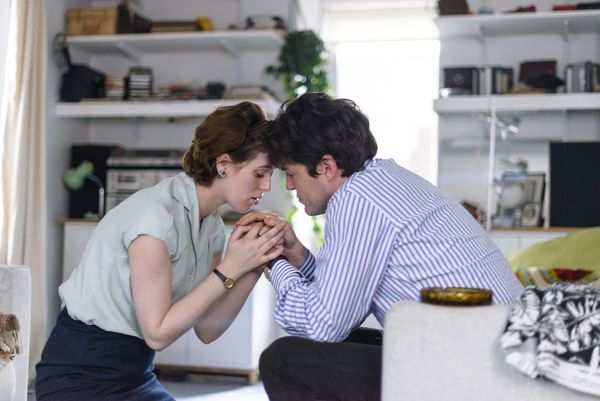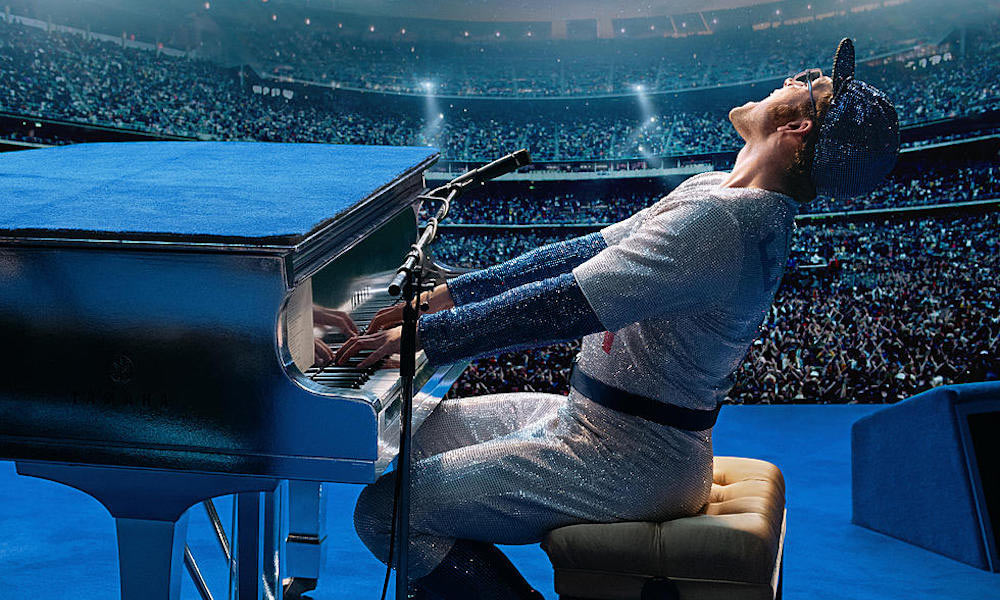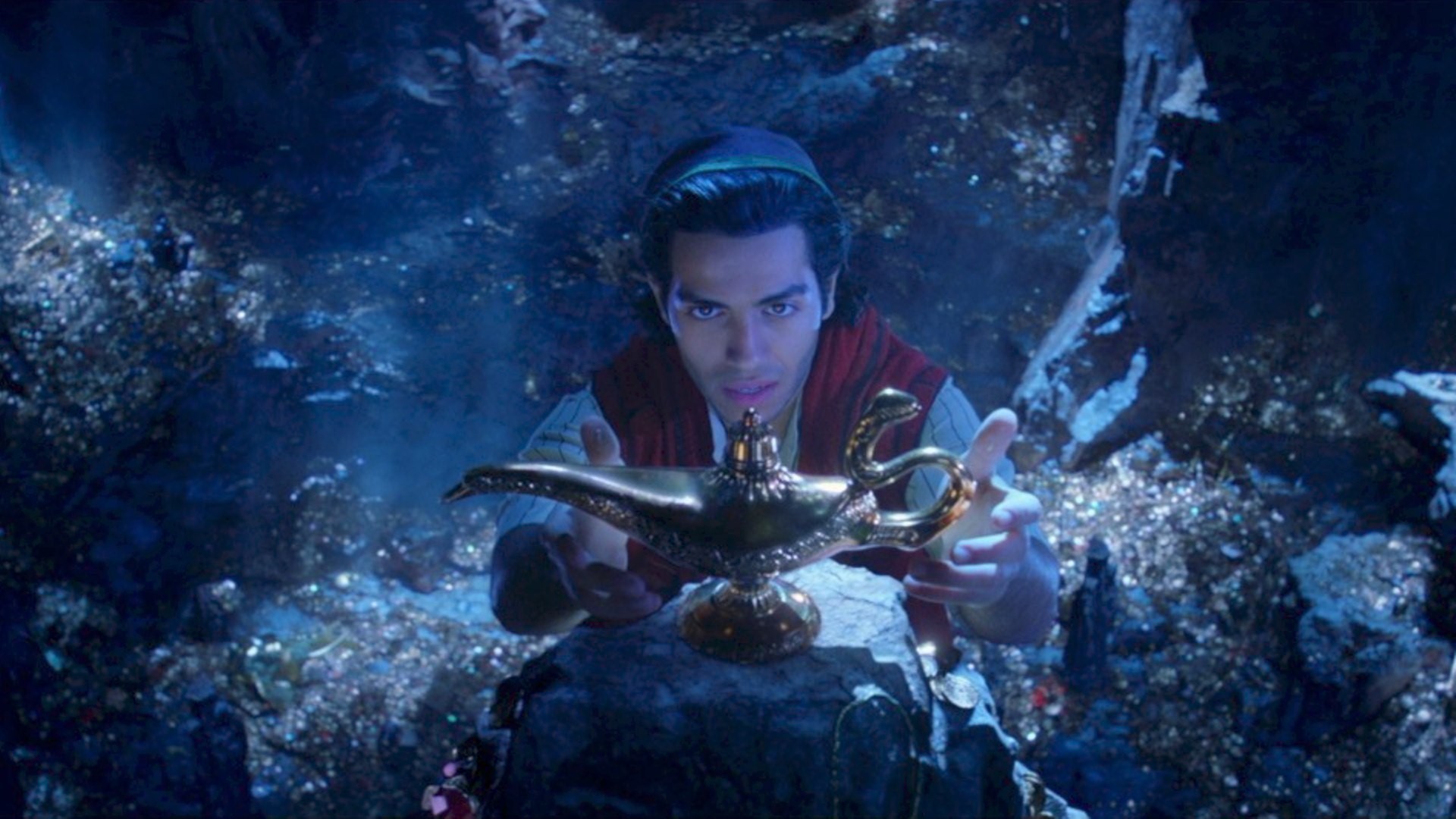Shaft
by George Wolf
“JJ” Shaft walks gingerly into traffic, taking care to watch for cars. He doesn’t constantly drop expletives and he’s keen on Brazilian dance fighting.
So, he’s a little different from Dad, then?
It’s the first clue that writers Kenya Barris and Alex Barrow and director Tim Story might have a sound plan to bring Shaft into the 21st century. They need one, because successfully transplanting those solidly 1970s sensibilities to present day is a bit of a trick.
The Brady Bunch Movie got around it by having the 90s Bradys still living gloriously 70s while everyone else called them weird. Genius move.
2005’s Bad News Bears remake just tried to tone down the unacceptable elements. Swing and a miss.
Taking much more of a straight up comedic approach than John Singleton’s 2000 sequel, this Shaft‘s culture clashes between John (Samuel L. Jackson) and JJ (Jessie T. Usher) offer some amusingly organic attempts to freshen the air of misogyny and homophobia.
It’s not a bad strategy, but the dam can only be held back so long. Guys, quit being such pansies. Women like real men who only want sex, guns, and any chance to kill people!
And then there’s the matter of the unintentional comedy.
JJ is a data analyst at the FBI who’s also apparently a hacking genius: “This is the most advanced encryption I’ve ever seen…I’m in!” He drags Pops into a completely ridiculous drug case where the clues come easy and the henchman stand straight up in every line of fire while explaining their motivations for giving chase (“It’s that Shaft kid! He saw everything!”)
Is Jackson a wonderful badass who’s perfect for this? Duh.
Does Regina Hall (as JJ’s mother) brighten every scene she’s in? She always does.
Do the samples of Isaac Hayes’s original music remind it’s probably the greatest theme in movie history? You damn right!
And Richard Roundtree again, casually dismissing that “Uncle Shaft” business from last time? Love it so hard.
There are fun elements here, but the lazy execution never fully commits to the promising setup. Shaft’s early self-awareness ends up devolving into self-parody and sadly, I cannot dig that.















